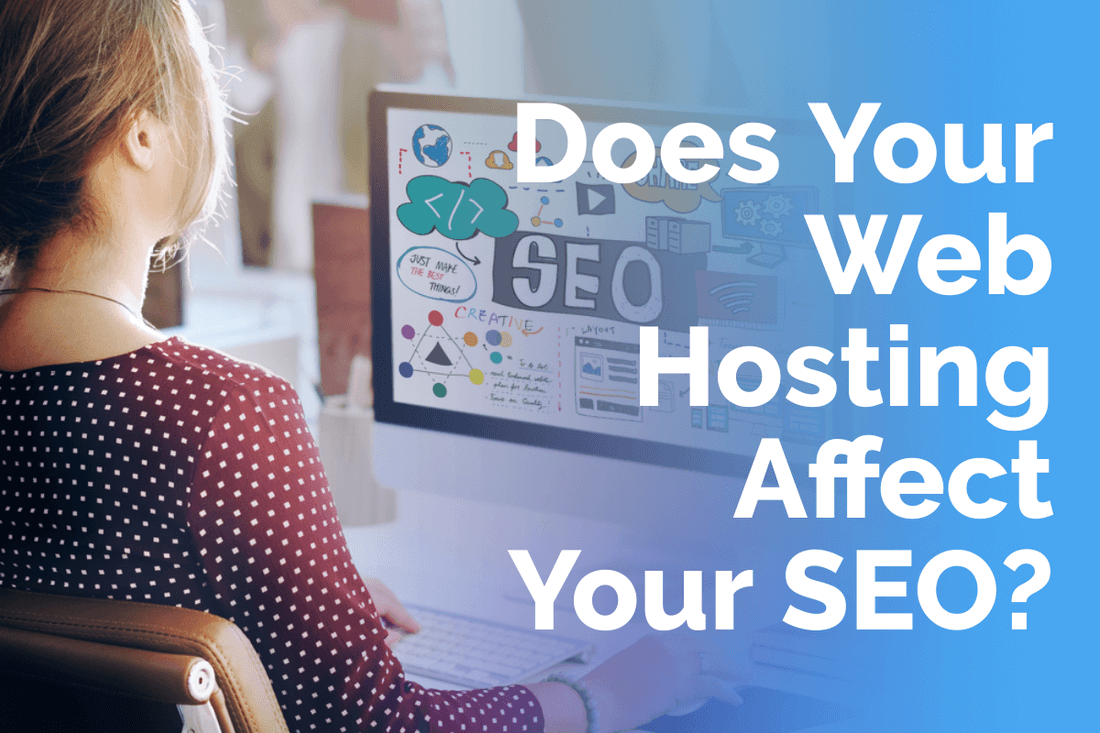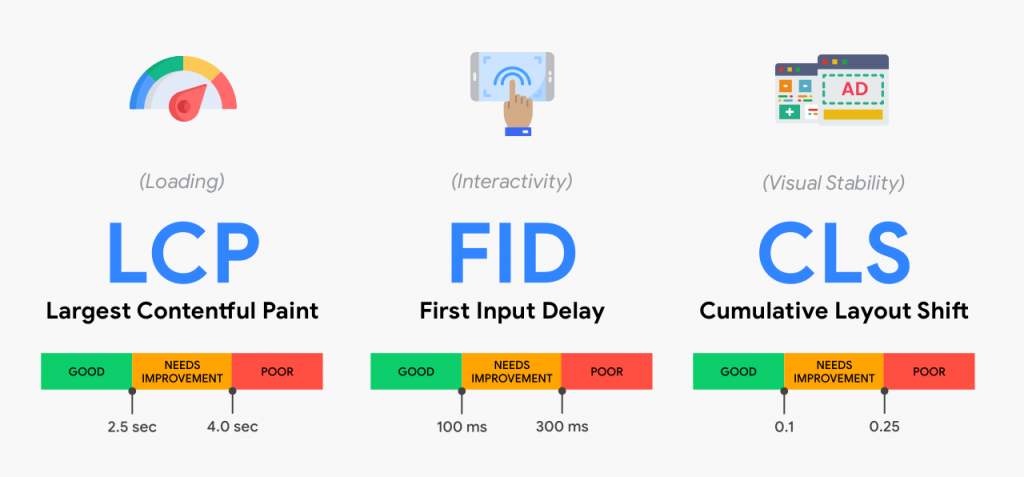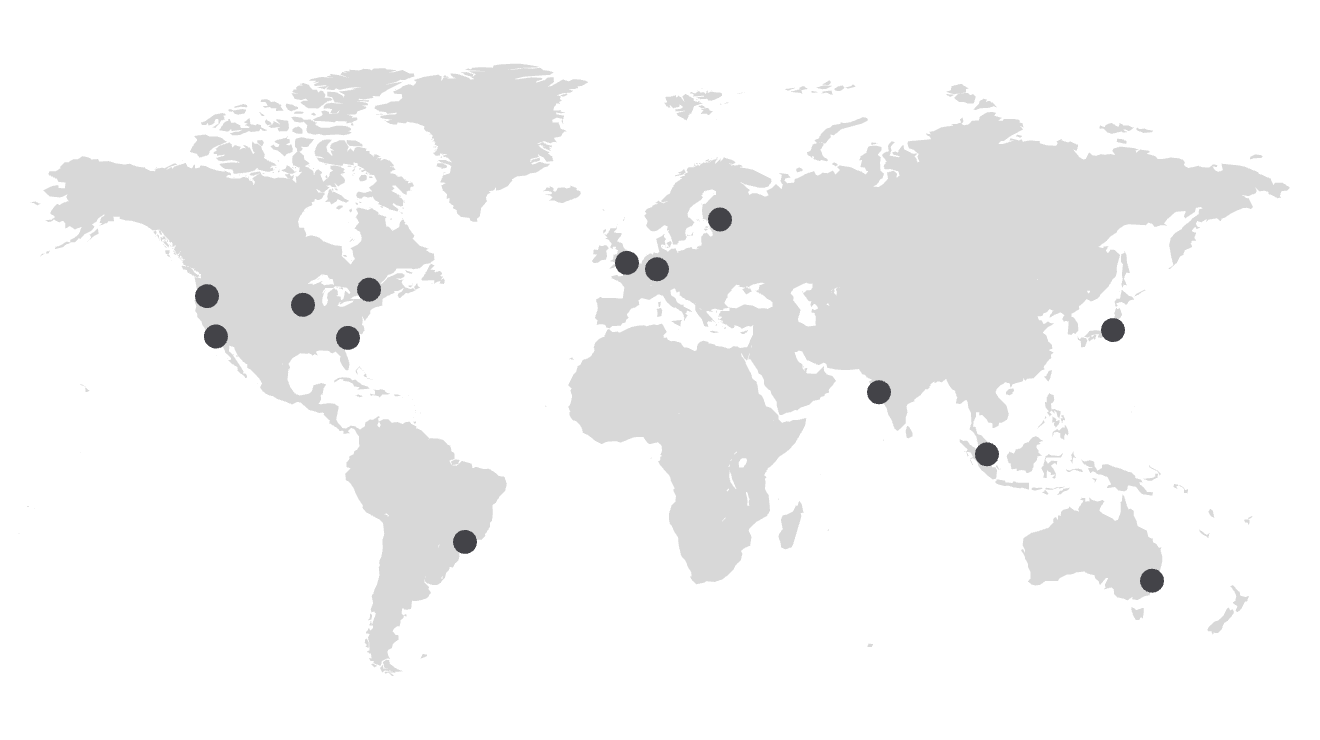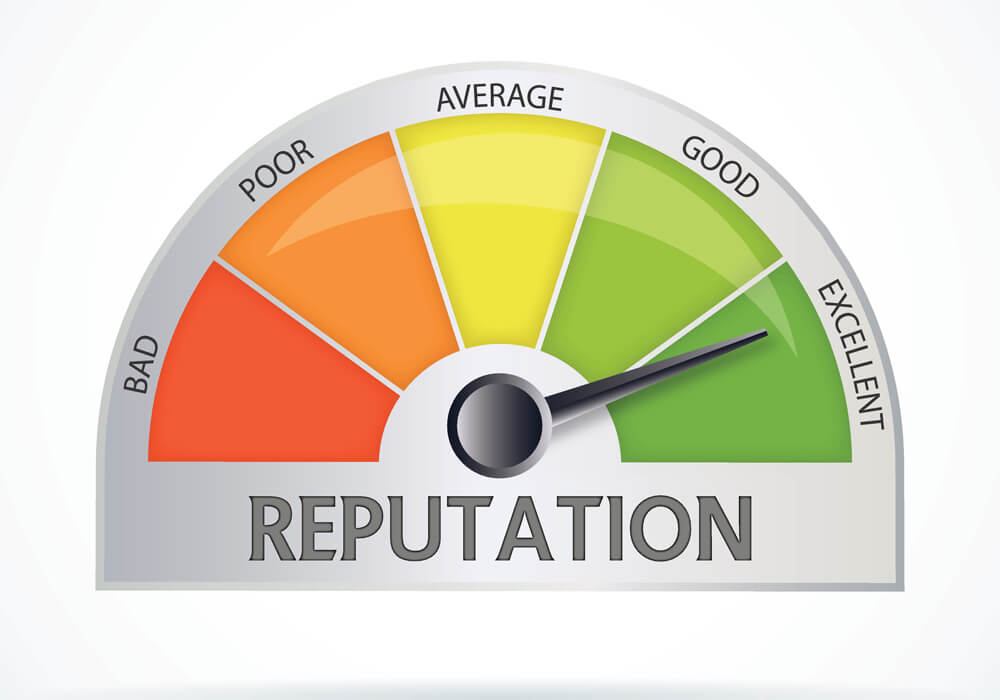How Does Hosting Affect SEO? Semalt Professional Answer

It is estimated that Google takes into account over 200 ranking factors that determine the position of a website in search results. Some of them are well known. You probably already know that in order for a website to rank high in SERPs, it should contain relevant and interesting content. You should also take care of the quality and number of links leading to your site. But did you know that the success of your website also depends on choosing the right hosting? Why it is so important, I write below.
How does hosting affect page ranking? Several key factors are responsible for this like the:
- hosting speed;
- server IP address location;
- hosting security;
- reliability;
- network reputation.
The scalability of hosting and the availability of additional services are also important.
The speed of hosting and its impact on SEO
Page loading speed on stationary and mobile devices has a huge impact on the success of your online business. On the one hand, it is an important Google ranking factor that determines the position of the website in the search engine, on the other hand, it is associated with the impatience of today's Internet users.
If the page does not load fast enough, we go to the competition's website almost immediately. Did you know that Yahoo's traffic increased by 9% after the site was loading just 0.4 seconds faster?
Core Web Vitals - a new Google algorithm

Google has a new rating system called Core Web Vitals, which enter into force in 2021. The algorithm will test the factors influencing the website's UX (User Experience), i.e. the quality of the experience of people using the website. The key role in this assessment will be the page loading time.
Factors that, according to Google, contribute to the experience of website users are:
- mobile-friendliness indicator - website evaluation in terms of adaptation to mobile devices. Compares whether the user experience using a mobile device is as good as that of people using stationary devices. You can check it using this tool https://search.google.com/test/mobile-friendly
- PageSpeed Insights indicator - website evaluation in terms of loading speed. You can check it using the tool: Dedicated SEO Dashboard
- HTTPS ranking boos - websites that provide encryption with the use of an SSL certificate are treated as safer and therefore achieve better visibility in organic search results
- Intrusive interstitials - the presence of intrusive advertisements, pop-ups, windows covering the content of the page that are difficult to close, reduce the value of the page
- Safe browsing - the presence of malware also reduces the value of the website
3 features of good hosting
There are many factors that influence the speed of page loading. A website can slow down due to a / an:
- unoptimized code;
- large number of uncompressed photos;
- additional plug;
- overloaded or poorly optimized database.
It is worth taking care of all these factors to make the website work more efficiently, but it is equally important to choose the right hosting provider. Any optimizations will not work if the hosting services are of poor quality. The three most important things to consider when choosing a hosting plan are:
TTFB response time
Reflects the level of performance, speed, and efficiency of the client's connection with the server. By testing the TTFB, you can compare the quality of individual hosters' offers. The response time itself also depends on the application architecture and code performance, but the better the hosting plan, the better the results can be achieved.
Performance
It's easy to keep the TTFB times low for low-traffic pages that don't generate high traffic. It is important that the hosting can also cope with the increased load without significant drops in performance, longer server response time, and longer TTFB time.
Redundancy
It is necessary because it may happen that for some reason the traffic on our website will be multiplied for some time. Hosting should go beyond our needs so that the website is ready for such unforeseen situations.
Server location and positioning

Server location also indirectly influences positioning due to two aspects.
First, the TTFB time varies depending on the distance between the website user and the server. This has a direct impact on the loading speed of the page, and thus User Experience, positioning, and conversions.
Second, Google analyzes the location of the server. It is difficult to clearly determine whether this currently affects positioning. One can only be sure that it used to be so.
Although the algorithms are already so developed that they can recognize the language of the website, verify the contact details or the geographic origin of the link profile - it is wiser not to risk and bet on servers in the home country.
Hosting security and SEO
The best hosting is useless if the provider does not provide the website with protection against hacker attacks and appropriate procedures to protect the website's files and data.
Attacks on the computer system or network service (DDOS) can cause viruses to the site and have very serious consequences. A long-term interruption in the operation of the website, data loss, or spam placed within the website will harm your business.
The worst possible scenario would be a leak of customer data which could additionally cause legal problems. A good hosting provider should have appropriate safeguards to protect against such activities.
Even if it happened that the website fell victim to an attack or there were losses in the event of a failure - the appropriate procedures of the hosting provider can save you.
It is worth investigating what support the hosting provider offers in such a situation. If files and databases are backed up frequently and regularly, it will be possible to restore the website to its previous state, and sufficiently strong database encryption may protect against leakage of customer data.
Reliability of hosting and SEO
When choosing a hosting service, a particularly important element concerning the positioning is its availability and its functioning without failure. The availability of a website or web application means the uptime of the hosting service in relation to the total time the service is to be provided.
The website server should be available at all times for search engine robots. In the event that the indexation robots encounter a server error at the time of scanning, caused by a hosting failure or maintenance work, it may have an impact on the website's positions.
A one-time incident should probably not be of great importance, but if the situation repeats, it can have serious consequences for the visibility of the page in organic search results.
Network reputation

In the case of many hosting providers, you can meet the practice of sharing IP between many customers. Hosting in this way is designed to save resources and lower maintenance costs. If you choose an untrusted provider, it may turn out that your website is adjacent to the following pages:
- back-up - whose one purpose is to link other pages;
- containing illegal or controversial content;
- about pornography or gambling;
- of very low quality, the so-called spams.
By placing your pages on the hosting where they will reside in the vicinity of the above types of subpages, you may be exposed to successive drops in the visibility of the website in search engines.
An indicator that might suggest that your website is hosted on a site whose IP address it shares with the above-mentioned sites could be, for example, that the emails you send to your customers are filtered and moved to the spam folder. It may also be that you cannot perform certain tests in publicly available analyzers.
So what is the impact of our hosting provider's network reputation on SEO? Hard to say. The information provided on this subject by the creators of Google is laconic and it is difficult to draw a final conclusion.
Google developers are well aware of the existence of shared hosting. Severely punishing a website just because it is hosted inadequately would not be a wise strategy.
On the other hand, there is a high probability that it may lower the credibility of the website. It is better not to turn a blind eye to this issue, limit the risk and use the services of trusted hosting providers.
Services available in the hosting offer
When deciding to choose a hosting provider, it is worth paying attention to whether it offers:
- an SSL certificate;
- additional infrastructure layers in the form of CDN;
- the use of the HTTP / 2 protocol.
Hassle-free SSL certificate installation, IP geolocation setting, and using Content Delivery Network should be standard among good hosting providers.
Changing your hosting for a better one when your website is already online can be troublesome. However, you should not give up such a migration if it has a positive effect on improving your position in Google.
Hosting scalability
The scalability of hosting is a particularly important factor in the case of complex websites and online stores. Although at the beginning your website may only consist of several dozen articles or products, in the future this number may become even tens of thousands.
Over time, it may also be the case that the website will be expanded with new functionalities, each of which will require additional resources. Increasing traffic will also be important. The question that should be asked is whether the server can handle the development of the website.
The best method to estimate hosting scalability, in addition to carefully reading the offer, is to check the hosting provider's portfolio. Pay attention to whether the solutions offered by the hosting provider are used by well-known, highly popular websites. If that is the case, you can rest assured.
Choose the right hosting
Choosing the right hosting can be a great support in the positioning process and make it easier to run the website. In this matter, it is not worth choosing the first offer you find, or being guided by promotions. The choice should be thoughtful and forward-looking. It is worth betting on trusted suppliers.
Nevertheless, if you need to learn more about the subject of SEO and website promotion, we invite you to visit our Semalt blog.